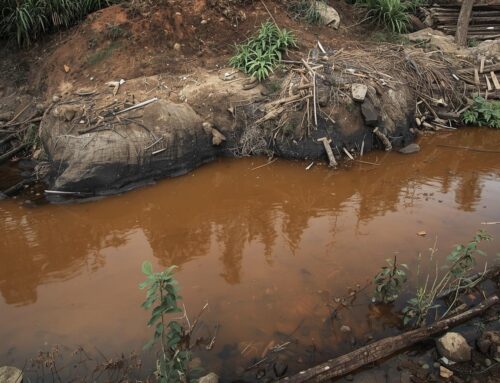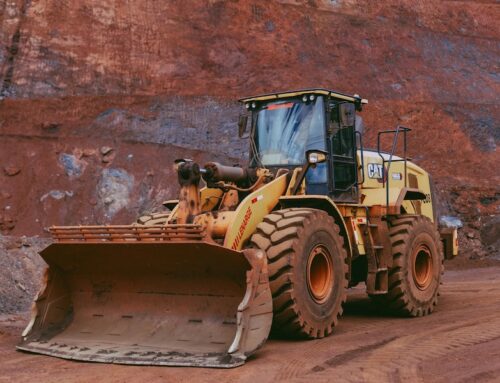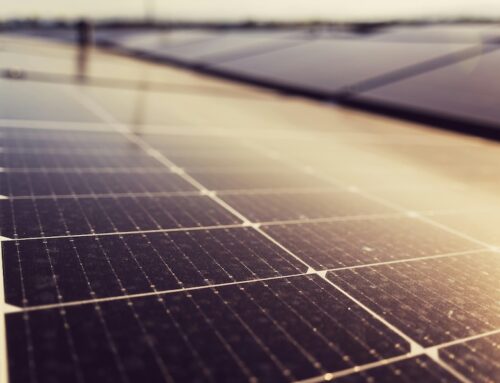Abroad, it is a common practice to donate clothing with the hope that it will find a new home and help someone in need. But living here in Ghana, I’ve seen the other side of that story, and it’s not as simple as many imagine.
Every week, millions of donated clothes arrive at Kantamanto Market in Accra, one of the largest secondhand clothing hubs in the world. These clothes arrive in massive bales, and traders, many of them hardworking women from across Ghana, take the financial risk of buying them, often without knowing the condition of the items inside.
The reality is sobering: nearly 40% of these clothes are unsellable. They are either stained, torn, or simply unsuitable for our climate and culture. And when they can’t be sold, they don’t just disappear, they end up as waste in our streets, beaches, and waterways. The Korle Lagoon, once a vital water source, has become one of the most polluted bodies of water in the world, choked by textiles, plastics, and other waste.
This isn’t just an environmental issue, it’s an economic and social one. The waste burdens our already strained waste management systems and leaves communities to live with the consequences of a problem they didn’t create.
Still, there is hope. Local innovators are stepping up. Organizations like The Revival NGO, founded by Yayra Agbofah, are transforming discarded clothing into something new, upcycled fashion, rugs, uniforms, and even building materials. These efforts not only reduce waste but also create meaningful work and show us the potential of a circular economy in action.
At Soko Bags, this mission deeply resonates with us. In partnership with GIZ, we repurposed piles of clothing from Kantamanto into hundreds of durable reusable bags, giving new life to materials that would have otherwise ended up as waste. With Fidelity Bank, we took the same approach, upcycling secondhand fabrics into branded bags that not only reduced textile waste but also carried a strong message of sustainability into the hands of their customers.
So far, through programs like these, we’ve impacted over 500 students and community members, teaching them how waste can be reimagined and reused. These are small but powerful steps that prove one thing: waste doesn’t have to end up in the gutter, it can be given a second chance.
For us in Ghana, this crisis is a reminder that every choice matters. We cannot control what lands on our shores, but we can choose how we respond. We can support sustainable businesses, repair and reuse what we already have, and educate others about the cost of fast fashion.
Our jute and reusable bags are part of this movement, durable, eco-friendly alternatives that fight against the disposable culture driving this crisis. Just like the innovators at Kantamanto, we believe in giving materials a second life and building solutions that respect both people and the planet.
Ghana should not be the dumping ground of the world’s waste. By making mindful choices here at home and abroad, we can begin to rewrite this story, turning today’s challenges into tomorrow’s opportunities.
🌍 Choose sustainability. Choose dignity. Choose Soko Bags.





Leave A Comment